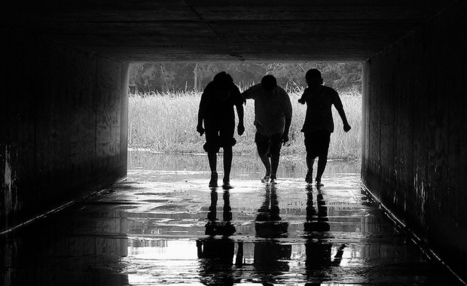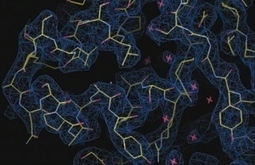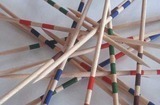Goodness is its own reward. But as a bonus, it makes us healthier.
Research and publish the best content.
Get Started for FREE
Sign up with Facebook Sign up with X
I don't have a Facebook or a X account
Already have an account: Login

 Your new post is loading... Your new post is loading...
 Your new post is loading... Your new post is loading...
|
|



















![Friday Fun: Snowboarding Crow [video] | Science News | Scoop.it](https://img.scoop.it/ETKxGOxbqaONqPfeZ9lfdjl72eJkfbmt4t8yenImKBVvK0kTmF0xjctABnaLJIm9)








